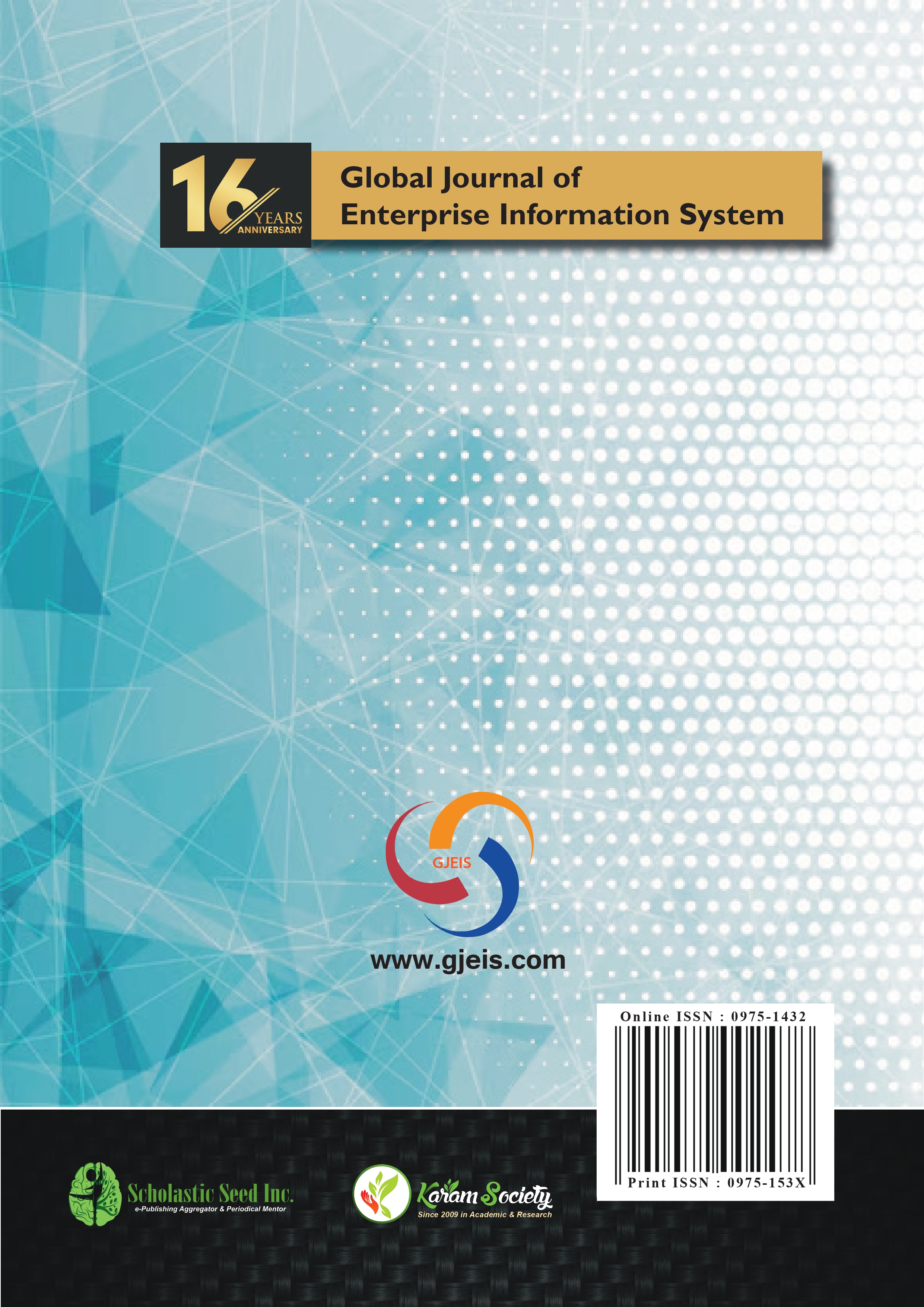Management of Public Debt and Inclusive approach of the RBI
Abstract
Purpose: Reserve Bank of India (RBI) acts as a manager of debt and deficit programme of the government along with the management of interest rates and money supply. Given the GDP and investment slowdown at the macro level, management ofpublic debt and autonomy has emerged as conflicting goal for the central bank, The present paper questions the argument of maintaining debt and deficit sustainability in India.
Design/ Methodology/Approach: the Paper is based on the secondary data analysis. The basic data source is the Report published by the Reserve Bank of India and the Finance Ministry, Government of India. Findings— Given the development and welfare compulsions, rising deficit and consequently accumulating debt liabilities is the accepted fallout. The SWOT analysis of the public debt management in Indian economy reveals the conflicting targets of fiscal discipline.Originality/Value Fiscal discipline is often ignored or seen as a constraint by the Government. One of the major disciplining guidelines has been laid out and being followed since 2003 has been the Act on Fiscal Responsibility and Budget Management. Without expenditure and revenue restructuring in the budgets, it will largely compromise the warranted expenditure for infrastructure and social security.
Copyright (c) 2019 Swati Jain , Archana Gupta

This work is licensed under a Creative Commons Attribution-NonCommercial-NoDerivatives 4.0 International License.








